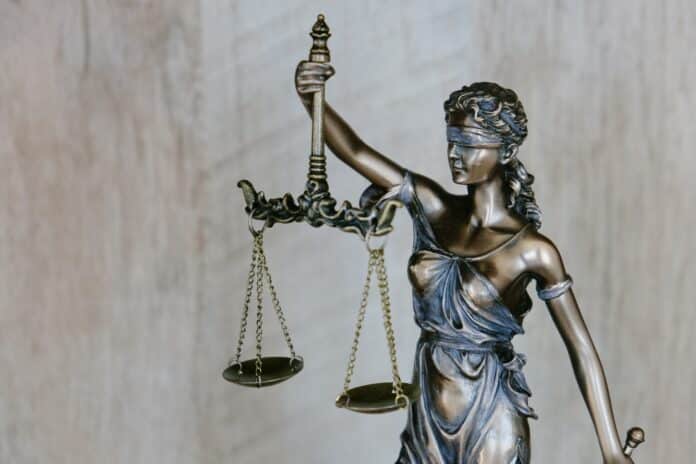On Jan. 11, Congressman Gus Bilirakis’ office announced that he is working with Representative Debbie Dingell (D-MI) and Senator Ben Ray Luján (D-NM) to develop a bicameral, bipartisan legislation to protect athletes and preserve college sports by establishing “a national framework to govern how student athletes receive compensation for Name, Image, and Likeness (NIL) deals.” This law is known as the Fairness, Accountability, and Integrity in Representation of College Sports Act (FAIR College Sports Act). Dingell represents the state of Michigan and the Wolverines won the National Championship in college football earlier this month, but that did not dissuade the Chairman of the House Innovation, Data and Commerce Subcommittee from looking for ways to improve a system that has undergone a high degree of change in the last three years.
Though opinions on the subtleties of Name, Image, and Likeness vary from person to person, it would be hard to argue that NIL was implemented without flaw in July 2021. It is a complex issue with many facets, but this philosophical shift that was supposed to empower players has instead led to greater confusion. It has muddied the waters of what is and is not allowed and has potentially tipped the scales even further in favor of the most powerful collegiate programs. In response to these and other issues, the trio of lawmakers are championing the FAIR College Sports Act to establish a national standard for collegiate athletics.
The announcement signals a major advancement for the regulation of NIL, which is based on testimony from college athletes, athletic directors, university and conference presidents, and the NCAA. The general sentiment of these statements was the desire to “create a level playing field for all students and educational institutions across the nation,” the announcement noted.
“It is Congress’ responsibility to establish a clear set of rules so our young people are protected, opportunities for them are promoted, and amateur sports of all kinds are preserved. Our goal is to ensure that NIL deals are transparent and fair, while protecting the integrity of college athletics,” Congressman Bilirakis said. “The Discussion Draft legislation strikes the delicate balance of preserving the ability of college athletes to profit from their own NIL, while maintaining the amateur status of all college athletes.”
The Discussion Draft is a 56-page document that details the ways in which the FAIR College Sports Act would preempt state laws and bring uniformity to NIL in college sports. There are four ways in which the law will significantly adjust the guidelines:
Firstly, it would protect the rights of student-athletes to earn compensation and to sign with agents for NIL purposes.
It would also ban pay-for-play by forbidding third parties (collectives, boosters) from offering incentives to attend, transfer to, or engage in promotions for specific universities in exchange for funds.
The bill would require registration and transparency from agents and third parties to ensure all facets of the NIL agreement are properly disclosed.
The most consequential of the changes proposed by this bill is the formation of the US Intercollegiate Athletics Commission (USIAC). This body will be able to enforce the three previous regulations as well as create new NIL-related rules when needed. As part of its duties, the USIAC will be responsible for implementing the registration process and an NIL database while posting quarterly reports to further ensure transparency. The enforcement of these guidelines for agents and third parties will be handled by the Federal Trade Commission (FTC) while the NCAA will have jurisdiction over the universities and student-athletes in these matters.
“[…] In the less than three years since the Supreme Court struck down restrictions on outside compensation for student-athletes, we’ve seen unregulated groups swoop in with large amounts of money attempting to influence recruiting and transfers,” Senator Luján said. “That’s why I’m proud to support this discussion draft and the work of my colleagues in the House. We can both protect the rights of student-athletes to engage in NIL deals while also ensuring transparency and oversight.”

